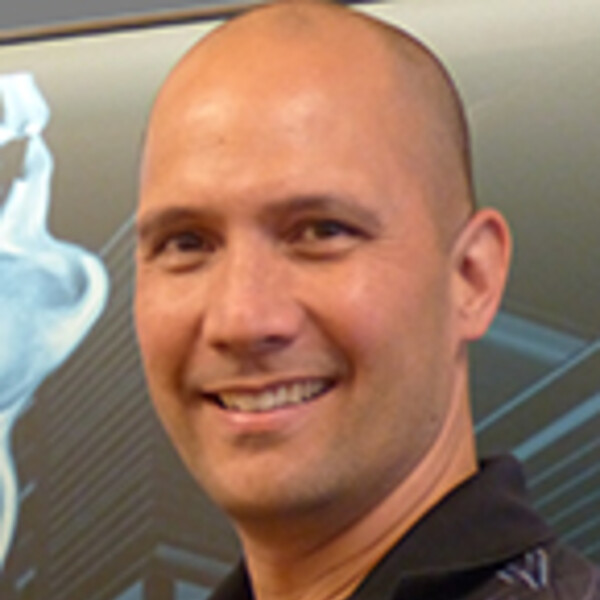MiDATA
Need help with biostatistics or machine learning?
MiDATA can help, contact mi.data@utoronto.ca for more information

What to Do With All of MiDATA?
Bridging the gap between clinical expertise and the science of managing and analyzing medical imaging data is challenging. To provide direction for data management as well as the analysis and reporting of research findings, we have introduced a data science unit – MiDATA – offering users an environment geared towards a “soup to nuts” approach to medical imaging research methodology, statistics, and machine learning. The Department of Medical Imaging of the University of Toronto is one of the largest in North America with faculty, residents, and fellows based at nationally and internationally renowned hospitals conducting cutting-edge clinical research in the greater Toronto area. The challenge of any successful research and educational program is bridging the “know-do” gap. The goal of MiDATA is to facilitate impactful research through the efficient and creative use of a mentored learning environment.
Our program consists of three aspects: research education and mentorship, study design and analysis, and knowledge translation.
The three main areas of focus are:
• statistics for medical research.
• machine learning and statistics for medical image analysis
Professor. Pascal Tyrrell (he/him)
Associate Professor - Director, Data Science
Courses
Data Doctor: Monthly Stats & Research Clinic with MiDATA
Data Doctor, a drop-in session where residents, fellows, and faculty from Medical Imaging can receive expert guidance on the statistical and methodological aspects of their research projects. These sessions are designed to provide personalized, project-focused advice addressing challenges in study design, data analysis, and advanced statistical techniques.
Please use this link to schedule a time slot for the Data Doctor Course.
AI in Medicine
Upcoming Courses and Resources
Artificial Intelligence (AI) is a rapidly developing field and has been revolutionizing the medical field to benefit medicine. This course uses recent literature, papers, and examples to look at the applications of AI tools to see how they can directly assist patients and medical professionals. This 0.25 FCE course (MSC 1114H) is primarily for students in a MSc, PhD, residency/ fellowship program that would like to gain insight on the emerging field. Some topics discussed include challenges in the medical field and how AI can help, applications of AI/ML, and future of AI in medicine.
Biostatistics in a Nutshell
Upcoming Courses and Resources
Introduction to statistics for medicine (biostatistics). This 0.25 FCE course (MSC1107H) is primarily for students in a MSc, PhD, or residency/ fellowship program that has a requirement of data analysis. Students learn about important fundamental statistical principles by studying the analysis of real data. These analyses introduce students to the following four outcome variables:
- Continuous: serum cholesterol, BMI and FVC
- Binary: death or cure yes/no
- Count: number of deaths, number of cures
- Survival time: time to death, time to cure
The course will include the statistics of diagnostic accuracy and agreement, two important tools in medical research. Students must complete an analysis of data collected during their program. Topics of discussion:
- Paired and unpaired proportions
- Paired and unpaired means
- Frequency data and diagnostic tests
- Statistical design
- Agreement
Startups in Medical Sciences
Upcoming Sessions
TBC
Course Description
Majority of most early-stage emerging biomedical firms are coming from academic institutions. To leverage on the cutting-edge research performed by graduate students in the Institute of Medical Sciences, this course serves as a catalyst for innovation and growth. The introduction of novel commercialization concepts as well as providing real-time examples of companies in the industry will provide students a substansive understanding of being a founder or part of a startup.
Has your research or personal exploration sparked an idea you’re eager to pursue but feel overwhelmed on where to start and how to go about it? Well look no further as this course combines the technical fortitudes surrounding startups, specifically in the field of medical sciences. In addition to this, students will learn about the necessary soft skills of many successful founders. This 0.25 FCE course is primarily for students in a MSc or PhD program that would like to gain insight about startups. Topics discussed in the course include startup structure, value proposition, market and industry analyses, business planning, funding, and regulatory hurdles.
In light of inherent potential conflicts of interest, we prioritize transparency and have established clear guidelines for this course. Our instructor, who is also an entrepreneur, will openly disclose their roles and provide guidance regarding intellectual property (IP). These guidelines specify that students retain ownership of any created IP during the course. However, it is the student’s responsibility to not publicly disclose any pre-existing IP. This approach ensures that students’ IP rights are safeguarded within an ethically managed academic environment.
Course Objectives
- Students will develop the ability to critically analyze startup ecosystems, including the evaluation of market trends, funding dynamics, and regulatory landscapes
- Students will become adept at strategic planning, learning to articulate the value proposition of scientific innovations
- Students will learn to navigate the complex regulatory environments and ethical dilemmas surrounding data privacy and intellectual property in the startup landscape
- Students will develop an understanding of the vital role of team dynamics in startup success, learning to communicate effectively with diverse stakeholders
Resources
Our helpful resource website for both Biostatistics and Machine Learning is Mi-DATA.ca
Statistical Software - Open Source
- RStudio
- R tutorial to start from https://www.w3schools.com/r/
- EZR (menu driven interface for medical stats)